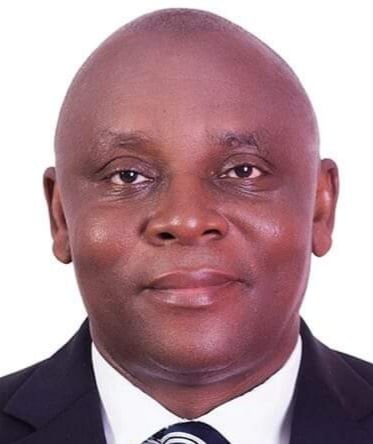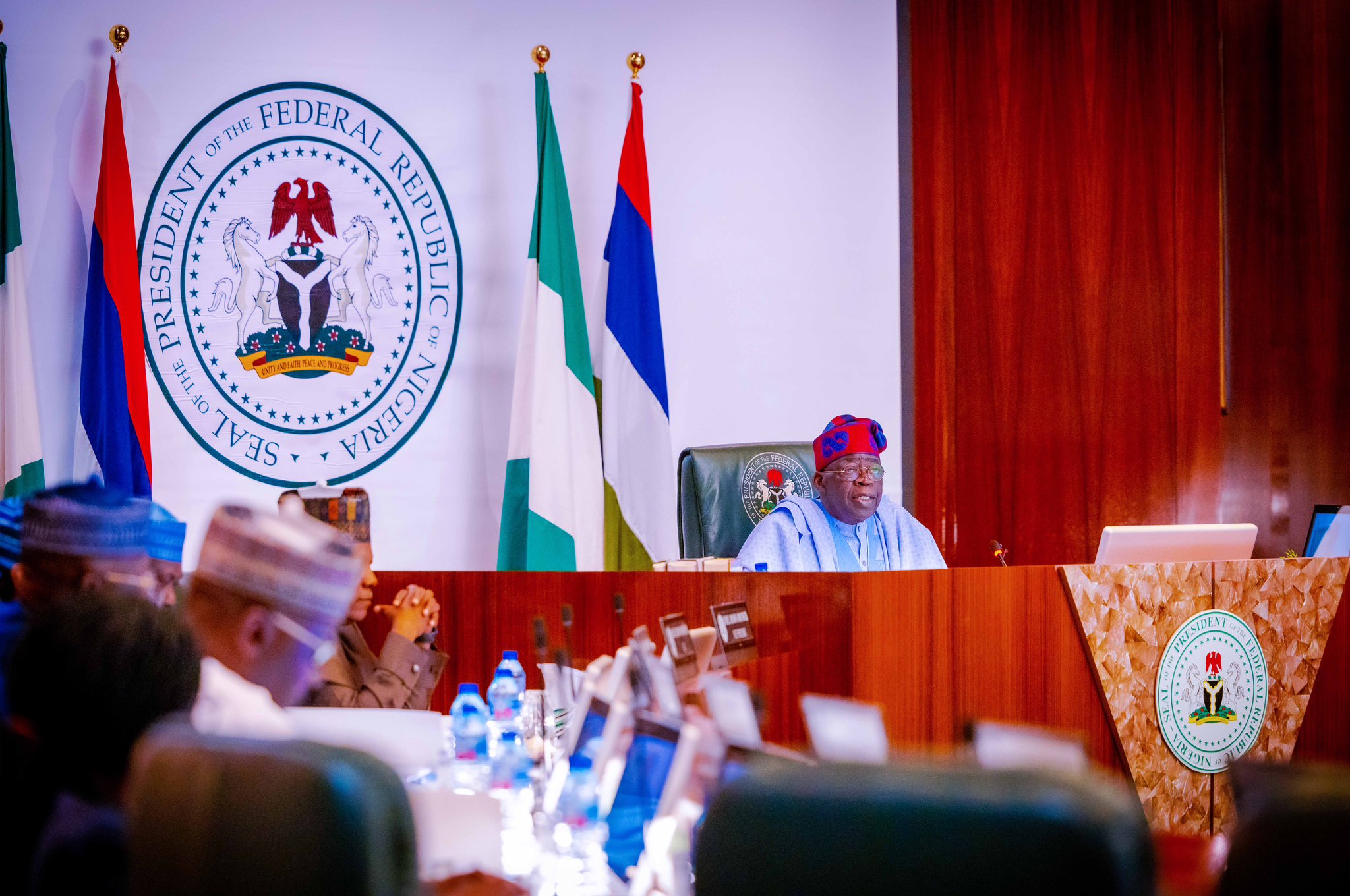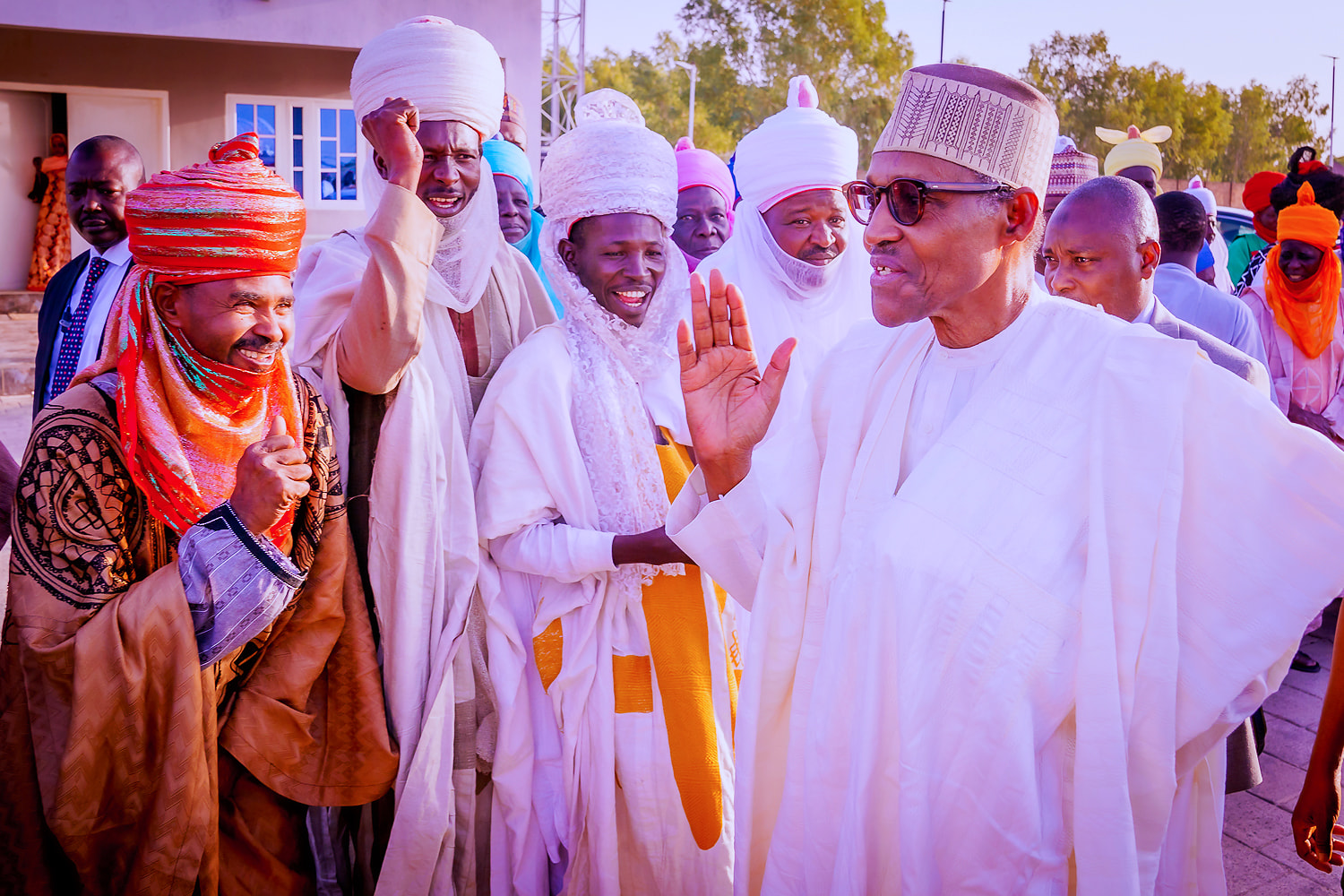The tenth anniversary of Planet FM — the first privately-owned radio station in Akwa Ibom and Cross River states – offers me an ample opportunity to reflect on the importance of the independent media in the promotion of democracy and free speech in our country, and reminds us, once again, that risk-taking is a major ingredient of entrepreneurship and success. Located in Ibiaku-Uruan, a village about 10 kilometers from Uyo city centre, Planet has greatly influenced the politics and culture of Akwa Ibom people, and motivated the birth of over 18 other private broadcast outfits in the two sister states. I send my best wishes to the founder of Planet, Tony Afia, and his team on this very propitious occasion. But this celebration is a bit dampened by the death of the founder of the first privately-owned radio station in the country. My condolences to the family, associates and friends of Dr. Raymond Dokpesi. Both Planet and Raypower have been important influence on many Nigerians.
The license for Planet FM was issued by NBC in 2010; test transmission began on April 28, 2013 and full commercial broadcast began on Sunday, June 9, 2013. Before then, the government-owned radio and TV were the only broadcast outfits in Akwa Ibom and neighbouring Cross River. As is common in government-owned media houses, 100 percent of their contents are all about the government and the governor. Those who do not belong to the governor’s political party are never allowed access to stations. In 2013, Gov. Godswill Akpabio had only two years left in his eight-year tenure and his transition programme was beginning to gather momentum. Udom Emmanuel had just been brought in from a bank, where he was an executive director, to serve as the SSG as a prelude to being anointed the preferred governorship candidate. Emmanuel replaced Mr. Umana Umana (immediate past Minister of Niger Delta Affairs) as the SSG, a substitution that set of a dramatic chain of events who reverberations are still being felt in the state. Umana and the then Commissioner for Finance, Mr Bassey Albert (who later became a senator and is currently embroiled in a legal tussle with EFCC), also had gubernatorial ambitions. Others were warming up to enter the field.
So, Planet FM was born into a very politically tempestuous moment in the state. Whether this was planned or fortuitous is not clear, but looking back, I think this was the best timing for the business, a clear case of preparation meeting opportunity. Those who are familiar with Akwa Ibom State should by now attest to the vibrancy of our politics, and the Akpabio era was exceptional. In the first half of 2014, Planet was already making waves in the social and entertainment scene, practically eclipsing the state-owned broadcaster. In late 2014, Umana, sensing that he stood no chance of pursuing his ambition under the PDP, had decamped to APC, causing considerable political dislocations, and soon, he was its governorship ticket. The battle line was drawn between the PDP and the APC.
By now, I had teamed up with Umana as a member of his media team, and Planet has become very popular, with signals being received in Cross River and other neighbouring states. Its music was modern and urban, their OAPs (on-air personalities or announcers, as they were called before Internet was invented) were flawless and, overall, the 24-hour programming was superb. Folks stayed up all night to listen to music. AKBC, the government-owned mouthpiece, was almost dead by then.
Advertisement
To our pleasant surprise and utter discomfiture of the government, Planet opened its doors to opposition politicians to reach out to Akwa Ibom people through its various interview programmes, news bulletins and talk shows. ‘’The People’s Parliament’’, the morning phone-in programme that focuses mostly on politics, was an instant hit. Callers call the host ‘’Mr. Speaker’’, just like in the House of Assembly, and they were free to express their opinions and talk about anything, provided the caller was polite and the language decent. Other programs like ‘’People in History’’, which profiles important historical dignitaries across the world, command huge following.
As a member of the media team, it was my lot to drive over 15 kilometres from home to Planet practically every week (or sometimes more often) to be a guest on its interview programmes and speak for the APC and its governorship candidate. Other members of the team also took turns and went to the studio to push our agenda. We put the governor and his candidate on the spot, criticized the transition programme and the administration’s records. The Commissioner of Information then, Mr. Aniekan Umanah (who had recently set up his own radio station), had a hectic time driving up and down to Planet to rebut some of our claims and make the case for his boss and their governorship candidate, Udom Emmanuel.
Somedays, as we would be leaving the studio, Aniekan would be storming in to respond to what we had just said. We occasionally bypassed each other on the potholed village roads leading to the studio. The joke in town was why the commissioner was not going to AKBC to make his points. Why did he abandon the state-owned radio over which he superintended in favour of one founded by a private citizen? We were often warned that the government was not happy with us, and that we could be waylaid and attacked on our way to Planet by thugs. Thankfully, it didn’t happen. It was one of the most exciting moments in my PR career. If The Guardian newspaper had given me a national platform to hone my skills in journalism, it was Planet that offered me my first experience in live-radio punditry and prepared me for an exciting career in advocacy. At this point, I remember Miss Cleo Tao, the then Head of Programmes, who died tragically late 2017. She was a star and a good friend of mine who loved the job dearly and knew how to do it.
Advertisement
Like many good fortunes, the idea for Planet came out of a frustrating experience. Sometime in 2005, Afia had paid money to the state-owned radio to run advertisements to promote his sister’s restaurant business. But it was the governor’s birthday, and Afia’s ads were crowded out by numerous goodwill messages to the Big Man that were broadcast daily. The main purpose of the ads, which was to promote the restaurant, was defeated. Disappointed, Afia began to think of setting up a private radio that would be insulated from political influences. At the anniversary dinner two weeks ago, he skirted around this experience. He said, ‘’The decision to establish the first private radio station in Akwa-Cross region was born out of the desire and need to provide our people an independent platform for constructive engagement in governance and other spheres of human endeavour. We wanted to establish a platform to be used how people do their businesses or even socialize. The aim was to engender a paradigm shift and use the platform to contribute actively to the collective efforts aimed at building a better society for our people’’.
Planet has been so successful that last year, Lagos Business School adapted its story into a case study for a class discussion for its students. Incidentally, Okey Nwuke, one of the two persons who prepared the case, was one of my bosses in the bank. In the last ten years, another radio station, an all-vernacular FM known as Tang sio (speak out) and TV, Spectrum TV, have emerged from the Planet stable. Over 18 other privately-owned FM stations have sprouted out in the two states. Planet founder, Afia, believes that his efforts are the main inspiration for their birth. I am, however, worried that most of the new ones are owned by active politicians, apart from two owned by religious leaders and one by the University of Uyo; and because it is a pioneer, Planet has lost a lot of its core staffs to the new stations. It is a price forerunners pay all so often. The emergence of Planet FM opened up the space for opposition politicians; helped in the phenomenal growth of APC; encouraged our people to appreciate the importance of free speech; deepened political debates and enriched our entertainment and culture in Akwa Ibom State.
Congratulations to Planet FM.
Advertisement
Views expressed by contributors are strictly personal and not of TheCable.
Add a comment







